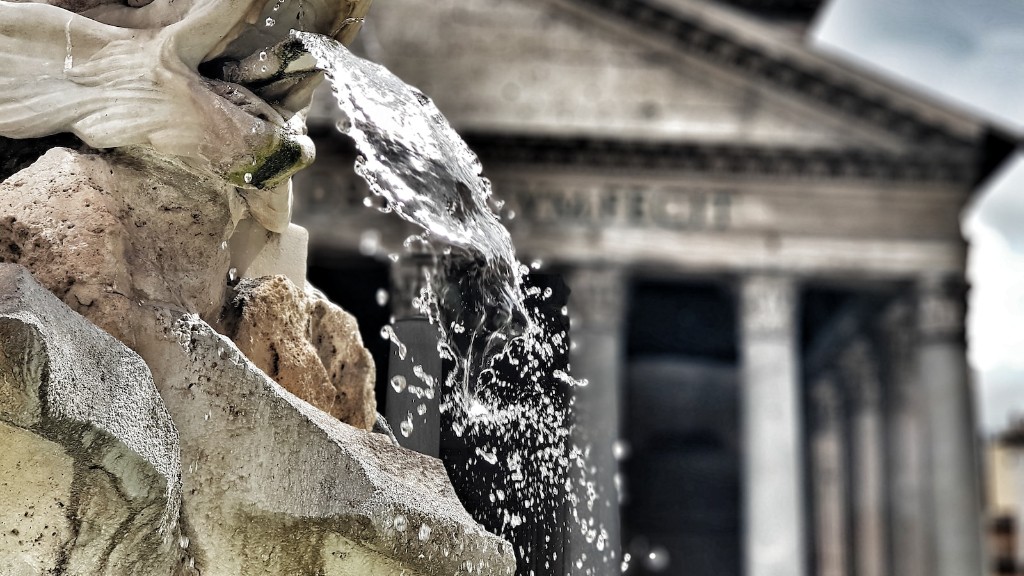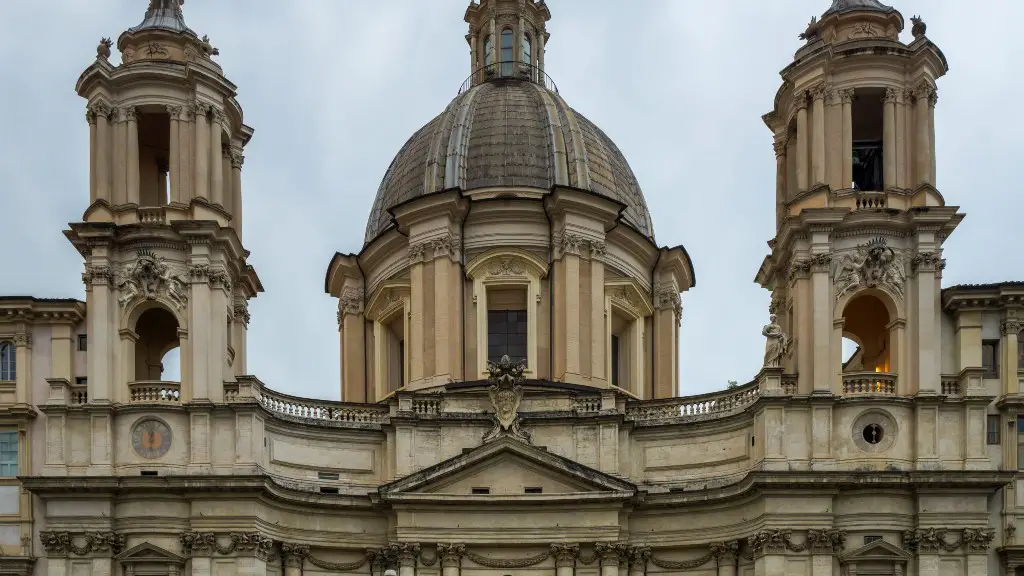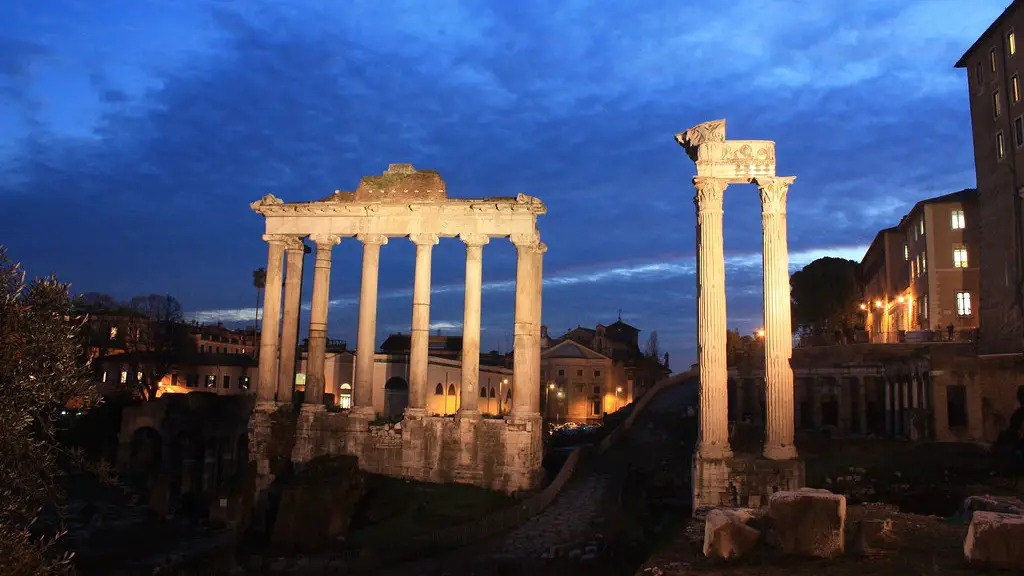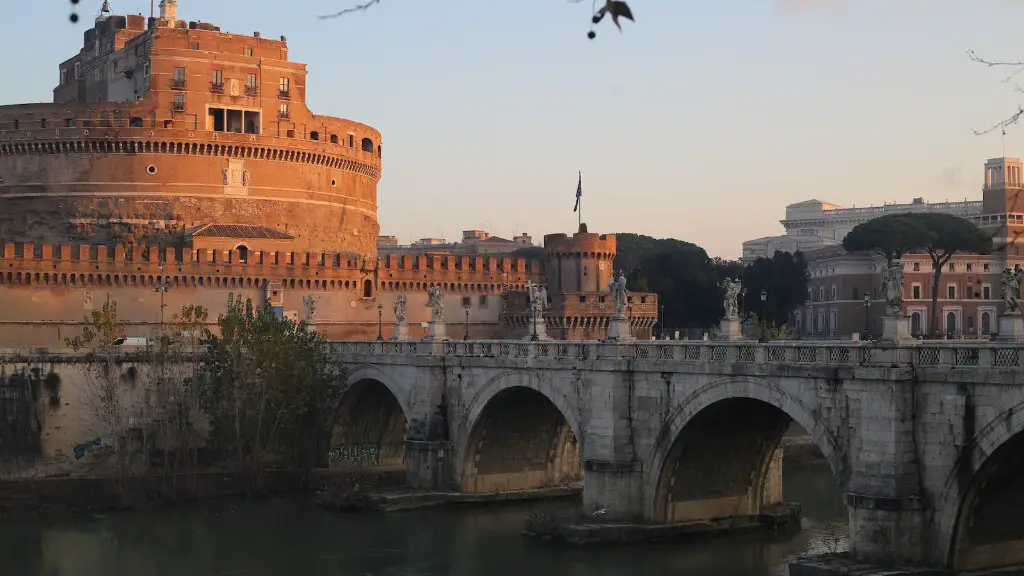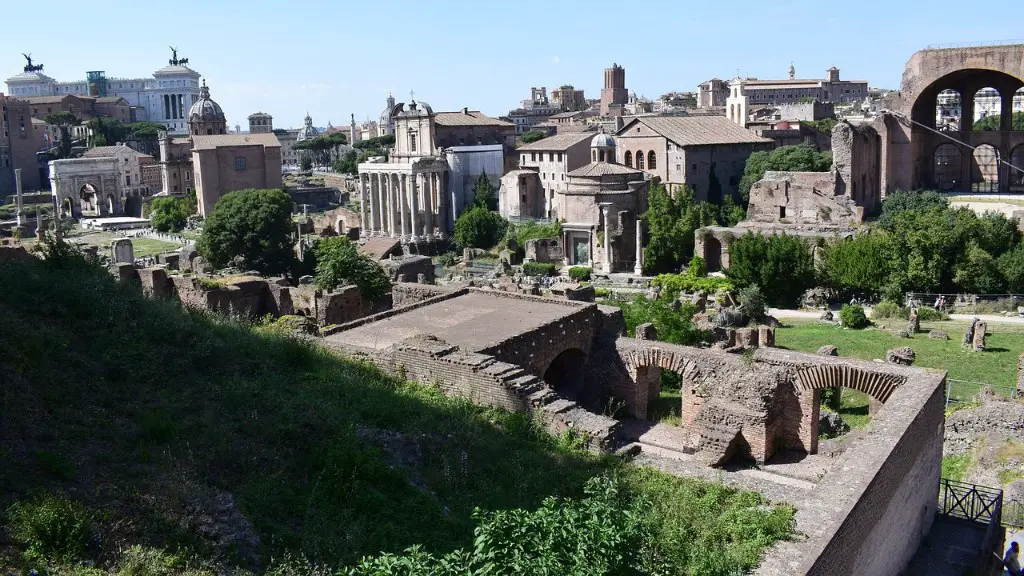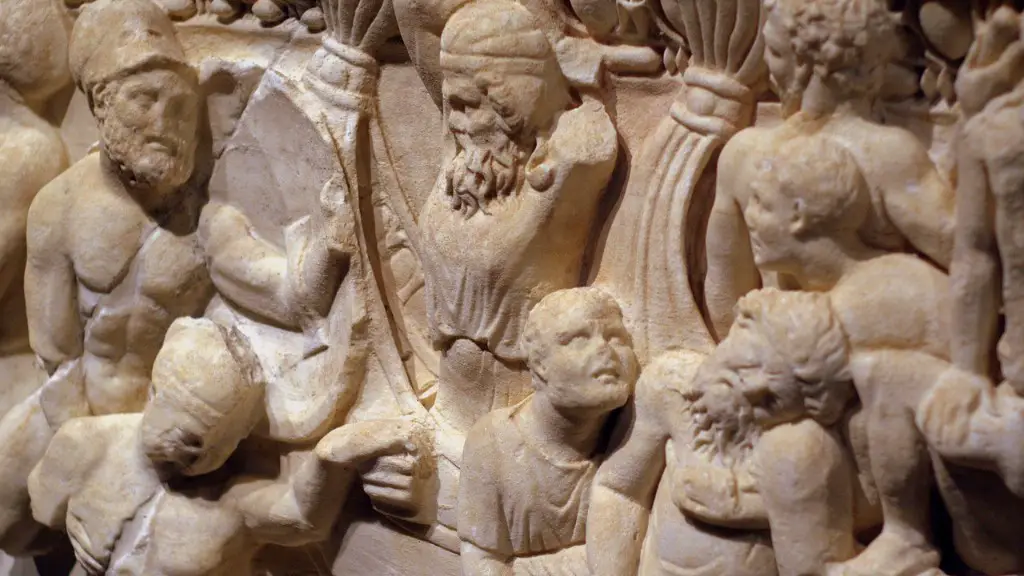When you think of ancient Rome, many things come to mind. Gladiators, chariot races, and an immense culture come to mind before thinking of what someone would be in the ancient world. Roman life was a complex, fascinating system. Every person had a role to play and each role had it’s own requirements and responsibilities. Depending on how much money, status and power you had, you could either be a powerful and privileged patrician, or a common soldier or slave. Going further than this, what type of person and citizen you were in ancient Rome also depended on your gender, age and social class.
An ancient Roman could have been considered an officer of the Senate, a businessperson, an artisan, a priest, a farmer, a soldier and much more. Every role came with its own specific responsibilities and limitations. For example, a powerful senator could receive preferential treatment and had the right to vote on Senate matters, while a simple farmer had very few civil rights and was just noticed as a part of the populace.
The range of professions in ancient Rome was vast and illuminated, although not all of them as respected. Roman culture was primarily ruled by men, with limited roles for women, who were restricted in relation to inheritance or property. Slavery, far from being considered an evil, was found in all classes, thus giving way to a house of peasants and war captives with important roles within Roman society.
Looming over every Roman citizen however, were the emperor or ‘imperator’ and their powerful position of absolute control. Depending on the individual person, the emperor could be seen with admiration, respect and even fear. Ancient Roman emperors were not just political leaders, but considered divine and sometimes infallible. They reigned with absolute power, unifying people under one faith and commanding absolute obedience. Everywhere the Roman Empire went, the new inhabitants bowed to their authority.
The emperor’s power was also essential in considering justice. Justice in ancient Rome was based on the Twelve Tables, a list of rules and regulations drafted throughout the 5th century B.C. Those tables were essential, as they set up a set of rules that allowed the Roman people to understand their rights, privileges and obligations in society. It was imperative then, that the emperor issued decrees and orders, for the protection of Roman citizens, which later were extended to all provinces.
Thus, someone’s social class, position and gender, were the main distinguishing variables in ancient Rome. In the end, one could have been a privileged patrician, a respected ruler, a common citizen or a feared gladiator, among many other possibilities.
Religion
Religion had an important, if not paramount, role in ancient Rome. Traditional Roman religion aspired to see the gods as part of their daily life, shaping and protecting their communal values in all aspects of their lives, from the simple farmer to the powerful senators. The gods helped sustain the Roman social and political order, that was based on a system of beliefs that regulated the temporal, natural and spiritual realm.
All beliefs and ceremonies of the traditional Roman religion were overseen by the Vestal Virgins, a group of high priestesses dedicated to the temple of the goddess Vesta. The Vestal Virgins had a great degree of authority and power and were in charge of preserving the sacred flame, considered as the both the symbol of and connection to the gods.
In addition to the Vestal Vrigins, religious ceremonies and everyday oracles were also in charge of advising military strategy and decisions before battles. Religion for the Romans was a force of nature and a source of admiration and strength, intertwined with their daily existence, which later helped them expand their empire across the ancient world.
Roman Art
The legacy of ancient Rome is truly phenomenal. Many of the monuments, statues, and paintings we have today come from the numerous places the Romans conquered. Art and culture in those places were imported to Rome, while the most skilled artisans of the Empire were sent abroad to maintain Roman mastery over foreign lands.
The Romans were especially known for their architecture and engineering construction on a grand scale. Their bridges were a sight to behold; solid, fiscally sound and built with great precision to last for centuries. Their engineering and construction revolutionized cityscapes and provided hundreds of years of inspiration for other civilizations.
In addition to engineering, the Romans decorated their cities in grandeur and opulence. Statues of gods, heroes or heroes of gods, and other depictions of the gods were all part of the decorations. Plaster and marble statues, frescos and mosaics adorned the walls and floors, both public and private. The impact of the art and sculptures of Rome are still felt today as it is a prime example of a distinct and timeless art style.
Roman Literature
Art and literature flowed across the Roman Empire, providing both citizens and foreigners with entertainment. Writing was a strong tradition that was seen as both a means of education and a tool for self-improvement. Writers sought to expand knowledge and understand their classical texts that shaped the empire. Famous Roman authors, such as Cicero, wrote about topics such as politics, history and philosophy.
Roman literature was known for its epic poetry, such as Virgil’s The Aeneid, or Ovid’s Mythology. Both works were central to Roman education, as the topics highlighted culture, religion, mythology, and understanding of the world. These texts mapped the culture of the Roman Empire and served as a guideline for civilization.
Plays, comedies, and other forms of literature were also popular, produced and enjoyed by citizens. The diversity and thoughtfulness of Roman literature was used to explore the boundaries of a society and bring new ideas to the public.
Roman Education
Education in the Roman Empire was regulated both by the government and by private teachers. Upper class boys mainly attended school and businesses in the city, while girls were mainly taught at home. It was the responsibility of the parents to make sure their children were educated and had a pragmatic level of understanding of their environment.
Schools were mainly made up of advanced tutorials, designed to educate the young about literature, writing, mathematics and politics. All of this was intertwined in the Roman curriculum as it was believed to manifest a knowledgeable upstanding citizen in society.
Classical texts, such as Homer’s works or Cato’s philosophy, were also studied and became part of the Roman thought process. Topics such as religion and mythology were also explored. Julius Caesar and Augustus were today’s equivalent of celebrities, which is why their political materials were studied in great detail.
Roman Language and Legacy
The Roman language, Latin, is testament to the power and influence of the Roman Empire. Latin spread to tribes, cultures and countries that made up a major part of the Roman Empire, such as Gaul, Hispania and Egypt. The language became an international language, even being spoken in far away places such as Britain and Belgium.
Latin was and still is the root language that gave birth to many of the words and structures of other languages, including English. From a linguistic point of view, the Latin language remains alive and the impact of the Romans can be felt in countries all over the world.
Their timeless architecture and construction, from the Colosseum to the Pantheon, is still preserved in many countries today and remains a model for civil engineers in many ways. Even the Latin language remains with us as the language of science and medicine, among other areas.
The legacy of Rome is clear in many aspects of our society, from the Latin language to the engineering and construction, giving us a glimpse into how ancient Roman society worked. What people were in Ancient Rome, is still an important part of our collective identity.
